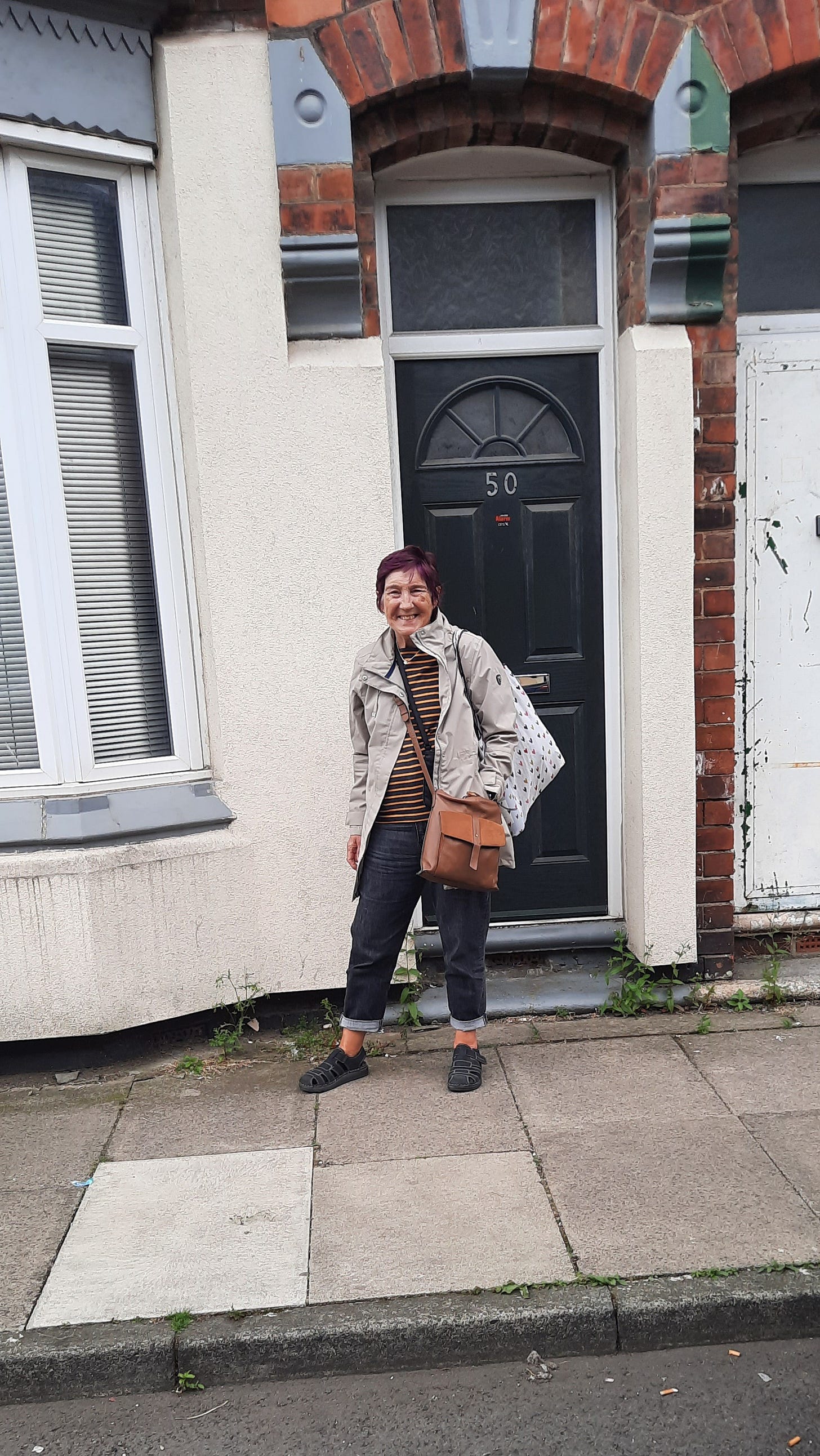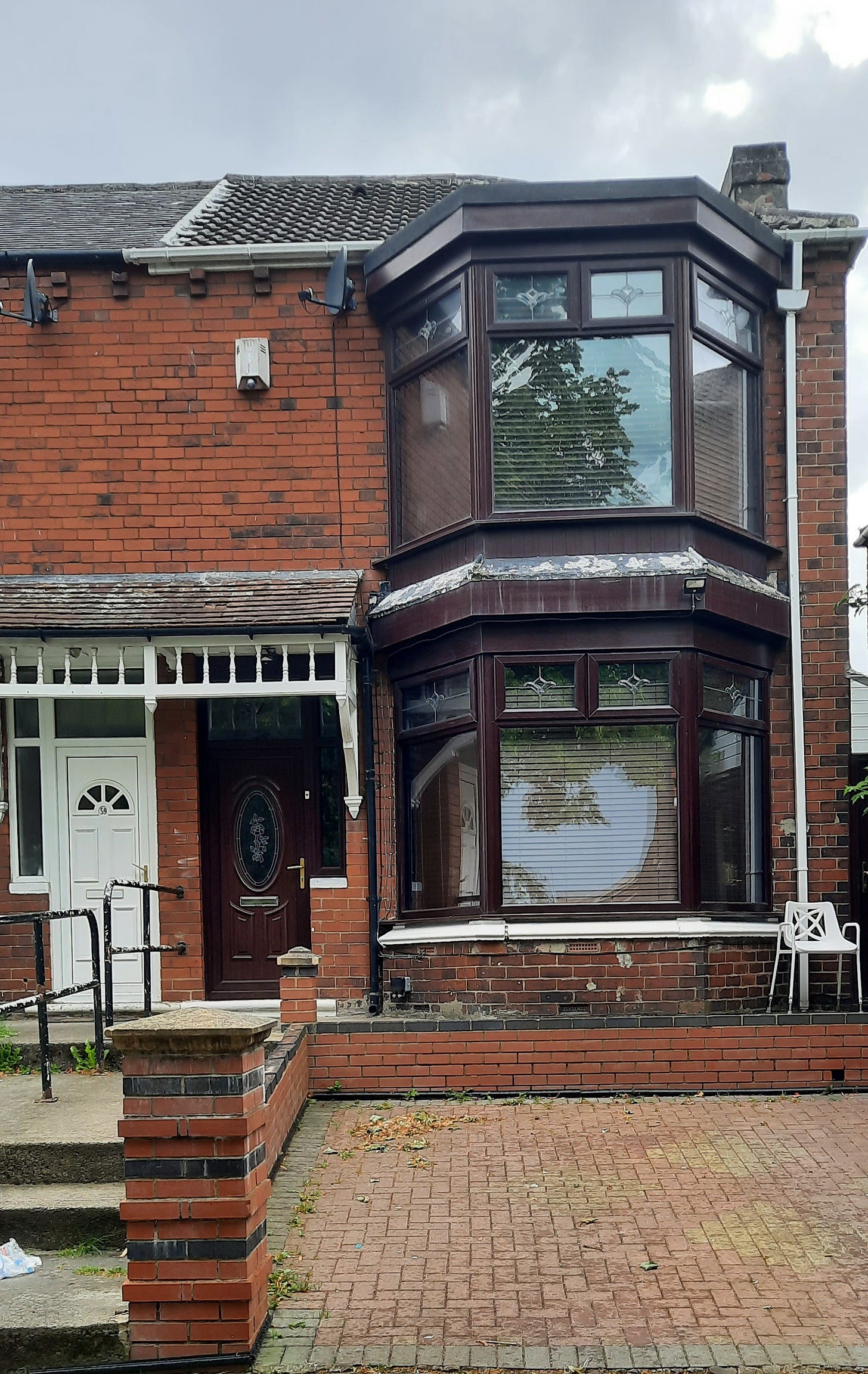Listening to Keir Starmer declare that the UK risks becoming an ‘island of strangers’ without curbs on immigration made me think of my birthplace, Middlesbrough. This erstwhile ‘infant Hercules’ in the north east of England has always been home to migrants. Irish labour lay the town’s foundations and by the 1980s there was a well established Pakistani community. At my primary school, we celebrated Eid as well as Easter and the local park had both Mela and Eisteddfod festivals.

There was racism, of course; political correctness had yet to make an impact. But there was also a sense, in the streets near the town centre where I grew up at least, that people just got on with things, living side-by-side. Our next-door-neighbours on one side, and next-door-but-one on the other, were Pakistani families who had lived on our road almost as long as we had. We knew their names and their annoying habits; the little girls played with my younger sisters. We were different but we were not strangers. Yet on a trip back to Middlesbrough last year, I barely recognised streets I walked down every day for almost two decades.
Middlesbrough, like many other northern towns, has swapped heavy industry for a new and now far more profitable form of business: housing asylum seekers. With swathes of cheap terraced houses, landlords have rushed to cash in. By 2016, Middlesbrough had the highest ratio of asylum seekers per head of population in England with 831 registered asylum seekers, one for every 167 people. The town hit the headlines that year after Jomast, a subcontractor for the global security firm G4S which owned 168 houses for migrants, painted the front doors of its properties red, making them a target for stone throwing. But the trade in people did not stop. In just one year, 2023, 6,800 migrants arrived in Middlesbrough, a town of 150,000 inhabitants.
Not all new arrivals are asylum seekers. Teesside University is right in Middlesbrough town centre. Back when I was a teenager, it was ‘the poly’ and I’d sneak into student nights when there was a good band playing or go and work in the library. Now, as a university, a third of its students are from overseas, many from Nigeria. This is one of the highest proportions of any university in the country. Not only does this put further pressure on housing, but there are now plans to fence-off sections of the campus in a bid to keep out local residents and deter anti-social behaviour.
This influx of new arrivals has led to many changes in the town. The increasing segregation is immediately apparent. Whereas 30 odd-years ago people from different cultures lived side-by-side, now, as entire streets have been sold to landlords and many white people have moved out of the centre to suburban estates, many of Middlesbrough’s residents live in quite separate, mono-cultural communities. Children go to different schools and people frequent different shops. In the road leading out of the town centre, African and Asian grocers, barbers and takeaways now dominate. It’s vibrant and bustling but it is also unrecognisable and no doubt alienating to the town’s older population.
Last summer, Middlesbrough was badly hit by the riots that swept many towns in the UK following the murder of four young girls in Southport. Although government ministers were quick to brand the rioters ‘far right’ and blame their actions on social media-fuelled hatred, details of those arrested tell of young people, often children, alienated, frustrated and bored.
In Middlesbrough, the jobs lost to industrial closures in the 1980s have never been adequately replaced; the legacy of local heroes like Captain Cook is called into question and the last Eisteddfod took place in 2001. I do not believe that the town’s residents are any more racist than when I lived there as a child. But it is hardly surprising if long-term residents become resentful when new arrivals appear to get special treatment. And when so many people move into an area in such a short space of time, when there is such a churn of population, your next-door-neighbours are no longer just different: they are strangers.
So when Keir Starmer said that the UK risks becoming an ‘island of strangers’, all that surprised me was his use of the future tense. In many parts of the country, people are already strangers. Starmer’s critics on the left, who are now busy accusing him of echoing Enoch Powell’s notorious ‘Rivers of Blood’ speech, have clearly never ventured north of Watford.




